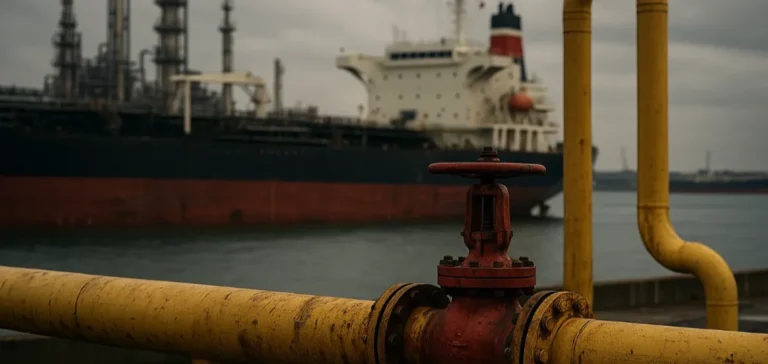Argentina plans to triple its natural gas exports to Brazil, backed by rising production in the Vaca Muerta formation. This strategy comes amid a structural surplus that is pushing the government and operators to seek regional outlets. However, high transit costs through Bolivia threaten the project’s profitability and could require substantial public investment in new infrastructure.
Bolivia currently charges between $1.40 and $1.90 per million British thermal units (MMBtu) to transport Argentine gas over 1,200 kilometres to Brazil, compared with $0.50/MMBtu over a similar distance in Argentina. According to Daniel Ridelener, chief executive officer of Transportadora de Gas del Norte, this disparity undermines the competitiveness of Argentine deliveries. He believes that starting with an initial export volume of 8 million cubic metres per day (m³/d) would lay a solid foundation for further development of cross-border trade.
Excess production to be channelled
Gas production at Vaca Muerta currently reaches 100 million m³/d, with a target of 250 million m³/d by 2030. Domestic demand in Argentina, estimated at 140 million m³/d, is not sufficient to absorb the surplus. Brazil, the main target market, has expressed interest in importing up to 30 million m³/d of Argentine gas over the same period.
Although spot deliveries have taken place via Bolivia this year, no long-term export agreements have yet been finalised. To meet its goals, Argentina would need to invest approximately $1.6bn in developing its transport infrastructure, including internal capacity upgrades and regional interconnections.
Alternative scenarios to the Bolivian option
Transit through Bolivia offers the advantage of requiring no new construction, thanks to existing excess pipeline capacity. However, Bolivia’s ongoing decline in gas production — from 60.8 to 28.6 million m³/d between 2014 and 2024 — may strengthen Argentina’s position in future tariff negotiations. Bolivia’s presidential runoff election, scheduled for October 19, could also influence the upcoming talks.
Meanwhile, two alternative projects are under consideration. The first involves using an existing pipeline between Argentina and Uruguaiana, in southern Brazil, and building a 550-kilometre extension to Porto Alegre. From there, an existing line could be upgraded to deliver the gas to São Paulo. The second scenario considers building a new 1,000-kilometre pipeline through Paraguay, which seeks to expand its electricity generation and fertiliser production facilities.
Mobilising regional public investment
The profitability of these projects largely depends on the price gap between the two countries. In Brazil, industrial users pay between $15 and $20/MMBtu, compared with $5 to $6/MMBtu in Argentina. This pricing differential creates a viable margin to justify large-scale investment, including through public financing mechanisms.
According to Ridelener, these infrastructures will only materialise if coordination among governments secures financing and guarantees viable transit tariffs. The project could thus become a driver of regional cooperation in energy and logistics, within a framework shaped by public investment.






















